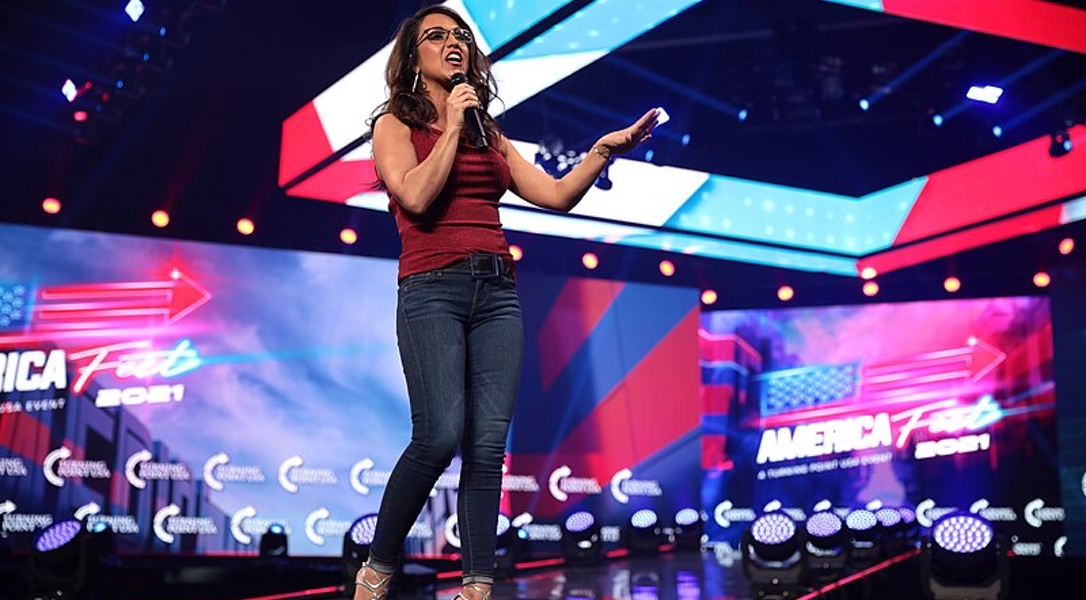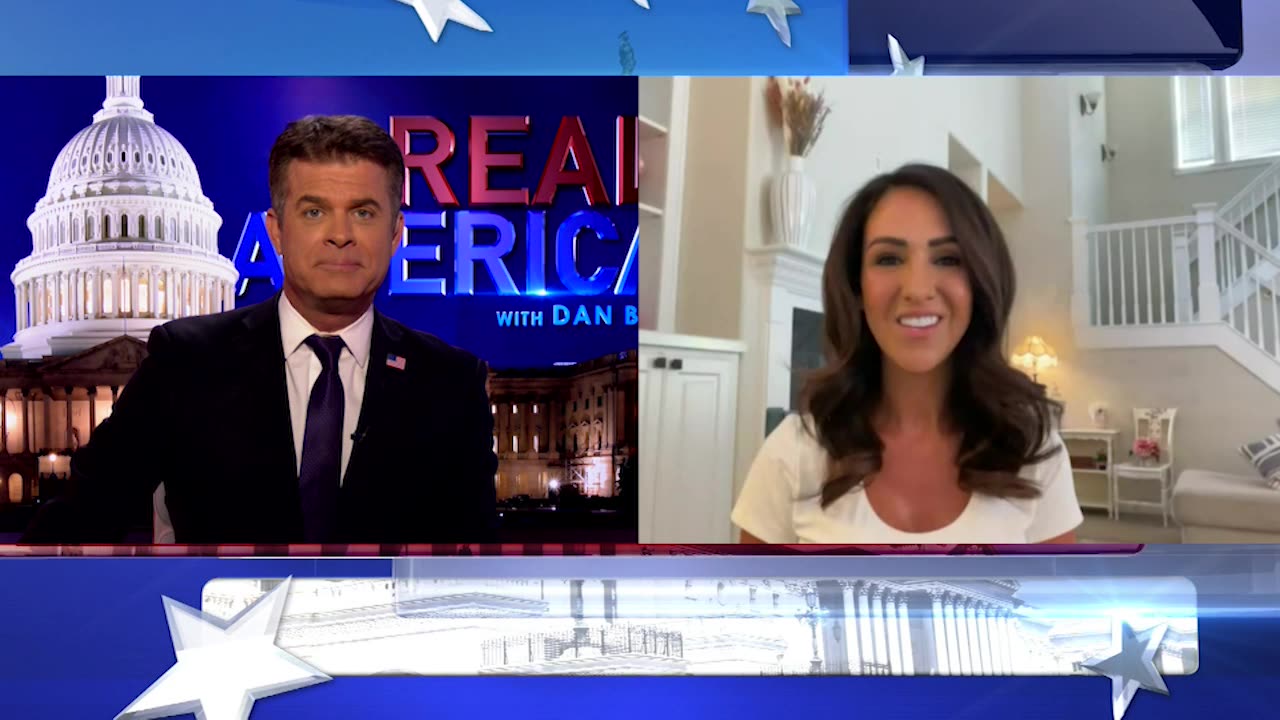Lauren Boebert Vs. Tim Walz: Latest Drama & Controversy - [Updated]
Is the political landscape truly defined by ideological clashes, or is it merely a performance staged for the benefit of the electorate? The recent public exchanges between Representative Lauren Boebert and Minnesota Governor Tim Walz, fueled by social media pronouncements and public appearances, suggest that personal animosity and strategic maneuvering are as influential as any policy differences.
In August 2024, the digital rumor mill churned, with posts circulating on social media platforms claiming that U.S. Representative Lauren Boebert, a Republican from Colorado, had mistakenly identified Detroit as having the highest murder rate. This initial spark ignited a chain reaction, drawing in other key players and escalating the drama. Boebert's actions, often amplified on platforms like X (formerly Twitter), have consistently placed her at odds with prominent Democrats, particularly Governor Walz and Vice President Kamala Harris.
The entanglement of Boebert and Walz, however, is not just a product of ideological differences. Their paths have crossed in unexpected ways, further complicating their relationship. Lauren Boebert has recently criticized Minnesota Governor Tim Walz on multiple occasions. Moreover, the political arena frequently sees the melding of personal and professional domains. Boebert, known for her conservative stances, sees Walz as representing policies she opposes. This is exemplified by her stance on issues such as government spending and regulation, which she views as excessive. Her criticisms are often sharp, sometimes delivered in a barrage of tweets or comments that quickly capture media attention.
Adding another layer of complexity to this political drama, Boebert's son, Tyler, faced a criminal theft case, which led to another public appearance and social media reaction. In a court appearance, Boebert was photographed in a yellow dress in a Colorado courtroom, while supporting her son, and used this opportunity to criticize the Democratic Vice President Kamala Harris and Minnesota Governor Tim Walz through posts on social media platform X.
The intersection of policy, personality, and political maneuvering is what keeps the electorate engaged. Each pronouncement, each perceived misstep, is dissected and debated in the public square. The friction between Boebert and Walz, played out in the digital and physical arenas, underscores this reality.
Here's a look at the key players in this evolving political narrative:
| Category | Information |
|---|---|
| Name | Lauren Boebert |
| Date of Birth | December 15, 1986 |
| Place of Birth | Altamonte Springs, Florida, U.S. |
| Political Party | Republican |
| Current Position | U.S. Representative for Colorado's 4th congressional district (since January 2023) |
| Previous Position | U.S. Representative for Colorado's 3rd congressional district (January 2021 January 2023) |
| Education | GED |
| Known For | Conservative political views, outspokenness, Second Amendment advocacy |
| Key Policy Stances | Fiscal conservatism, support for Second Amendment rights, opposition to abortion |
| Controversies | Public comments and statements on social media, accusations of misrepresenting facts, etc. |
| Website for Reference | Official Website |
In a series of posts on X, Boebert framed the political landscape as a battle between "MAGA vs. Marxism." This type of rhetoric clearly places her in opposition to figures like Walz, who she often associates with policies that are, from her perspective, too left-leaning and represent "big government." The debate around the choice of Tim Walz as a potential running mate for Vice President Kamala Harris has further amplified the tensions between them.
The intersection of personal events and political theater played out on Thursday, when Boebert attended court with her son, Tyler, who was facing charges. Even the courtroom appearance turned into a backdrop for her political statements. Boebert used the opportunity to criticize both Vice President Harris and Governor Walz in a tweet, demonstrating that the lines between personal and public life can become significantly blurred in the political sphere.
It is worth noting the broader context surrounding their interactions. For instance, Walz's policies aimed at reducing poverty and improving infrastructure have drawn criticism from Boebert, who views them as examples of excessive government spending. Further, the public has been shown to react to statements made by Boebert on her social media.
The dynamics between Boebert and Walz have been the subject of considerable discussion. Media outlets have highlighted the animosity between them and their frequent public confrontations. One instance of this was a remark by Boebert regarding the crime rate in Detroit, which she incorrectly attributed to Walz. This error, though quickly debunked, fueled further debate about their relationship and highlighted how misinformation can easily circulate.
Boebert's criticisms often resonate with those who share her views, particularly on issues such as government spending, regulation, and the role of the federal government. Her ability to generate public discourse, however controversial, is undeniable, as is the impact that her rhetoric can have on the political arena.
Another critical component of the political arena is the role of social media. Boebert has made a name for herself using social media, particularly X (formerly Twitter), to voice her opinions and engage with her followers. She frequently uses this platform to criticize her political opponents and share her views on current events. This approach has allowed her to bypass traditional media outlets and directly engage with the public. However, it has also exposed her to criticism and accusations of spreading misinformation.
This dynamic is further complicated by the entry of third parties. Kid Rock, for instance, has injected his own opinions into the mix, calling Walz a "moron." This is an example of how the political landscape, particularly in the digital realm, can quickly become a hub of alliances, animosities, and public debate. The use of inflammatory language and provocative statements, amplified by social media, often overshadows more substantive policy debates.
The political arena also relies on the power of rhetoric. Boebert's ability to craft and deliver memorable phrases and slogans has cemented her status as a prominent figure in the political conversation. Her use of terms like "MAGA" and her framing of the debate in terms of a clash between ideologies can energize her base and attract the attention of media outlets.
The media coverage of this developing political theater is a subject of great interest, and a focal point for understanding how the political narrative is crafted. Media outlets continually report on the latest exchanges between Boebert and Walz, often dissecting their statements, analyzing their motivations, and assessing the impact of their words on the public. The media's role in this is crucial. The narrative, the framing of events, and the portrayal of the individuals involved can profoundly shape public perception and contribute to the ongoing debate.
The saga also includes interactions with figures in the business and tech sectors. An example of this would be Walz's response to Elon Musk, saying that "the richest man in the world is sitting at the resolute desk, about to defund your public school." This highlights how the intersection of politics and technology, with figures like Musk playing an increasingly prominent role, is shaping the political landscape.
Beyond specific exchanges, the broader implications of these interactions are worth examining. For example, Boebert's criticism of Walz's record on crime reflects a wider debate about the role of government in ensuring public safety. This debate touches on issues like law enforcement funding, criminal justice reform, and the social determinants of crime, all of which are central to the ongoing political discourse.
In addition to their direct interactions, the political narratives surrounding Boebert and Walz reveal larger trends in American politics. The polarization of the electorate, the rise of social media as a political tool, and the increasing prominence of personal attacks and rhetoric are all reflected in their public exchanges. This provides a broader context for how the political arena works today and how the political dynamic between these two figures is playing out.
Boeberts comments concerning an incident during the Minnesota State Fair, where Walz reportedly avoided a question about Israeli hostages executed by Hamas, further illustrated their conflicting views on issues related to foreign policy and the impact of such issues on domestic political calculations.
The interaction between Lauren Boebert and Tim Walz highlights several critical aspects of contemporary politics. Their ongoing interactions on platforms like X, as well as their statements at public events, provide insight into the complexities of the political arena. The evolving political dynamic between Boebert and Walz is an important case study in how issues, personal animosities, and public events can shape the political climate.


